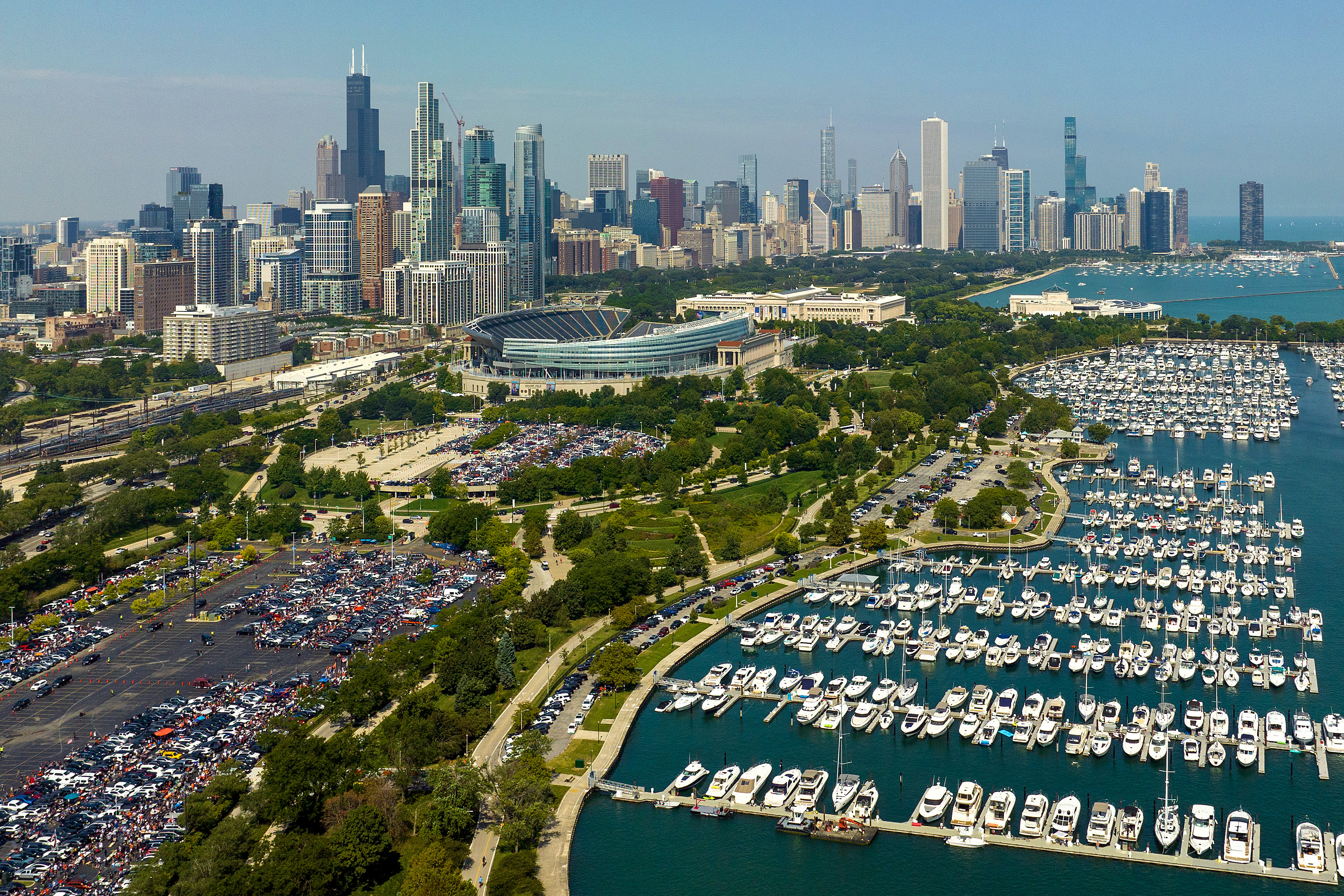Several Illinois hospitals are now reporting more coronavirus patients than during the spring peak as medical professionals warn of trying months ahead, information provided by multiple hospitals reveals.
Advocate Aurora Health clinical leaders on Monday addressed a sharp rise in cases at their hospitals in both Illinois and Wisconsin.
System-wide, Advocate Aurora Health saw 863 coronavirus patients on May 6, its highest number of the pandemic - until now. Coronavirus patients dropped to below 300 in October, but as of Monday, the hospitals reported a total of 1,118 patients.
"We're in the midst of an absolutely abysmal second wave of this pandemic," said Dr. Robert Citronberg, executive medical director of infectious disease and prevention for the hospital system, said. "We're seeing numbers that were not even imaginable just a few weeks ago."
Similarly, Rush Copley Medical Center reported 80 coronavirus patients, topping the 60 patients the hospital saw in mid-May, a spokesperson confirmed.
Citronberg said the biggest shift he has seen from the first wave of the virus to the second has been the location of such hospitalizations.
"The first wave was really concentrated in urban areas. The second wave is urban, suburban, rural, there's really no area of the country that has been spared - all 50 states have reported increasing rates of COVID," he said.
Local
Already, Northwestern Medicine has put a surge plan in place, along with visitor restrictions. Mount Sinai Hospital in Chicago has reinstated its COVID rounds and its incident command center.
Both Amita Health System and Advocate Aurora are re-implementing strict no-visitor policies as they grapple with a combined 1,000 cases throughout their systems.
According to Dr. Jeff Bahr, chief Aurora Medical Group officer, the hospital system is also looking at reducing elective procedures and surgeries by 50% later this week.
"Even if we don't have a surge after Thanksgiving, it's still going to be very taxing on our healthcare system, the sheer numbers of people who are infected," Citronberg said. "If Thanksgiving turns out to be super spreader events, if Christmas turns out to be super spreader events, we're going to see numbers that we couldn't even possibly imagine. So pretty confident, unfortunately, that the next couple of months are going to be bad no matter what, it's just a question of how bad."
Illinois saw its hospitalization numbers continue to increase on Monday with 5,581 residents currently in hospitals due to coronavirus-like illnesses. Of those patients, 1,144 are currently in intensive care units, and 514 are on ventilators.
All three statistics are the highest metrics the state has seen in their respective categories since the first peak in COVID-19 cases earlier this year.
Still, according to Bahr, the system's Illinois hospitals are not yet reaching capacity.
"In fact, we're well within the guidelines set forth are required by the Illinois Department of Public Health, in terms of maintaining it," he said. "Lower than 80% occupancy in both our medical surgical beds, and our ICU beds."
Doctors have expressed optimism over news of a potential vaccine, with both Moderna and Pfizer reporting promising trial findings.
"The next two to three months are going to be very difficult no matter what, but there clearly is light at the end of the tunnel and that light is the vaccine news," Citronberg said. "It is very likely that by this time next year, we will be looking at COVID-19, at least the pandemic, in the rearview mirror and that is just fantastic news. But the next two to three months are going to be very difficult - lots of hospitalizations, lots of deaths, unfortunately. Just have to meet one more big push to get through it."



